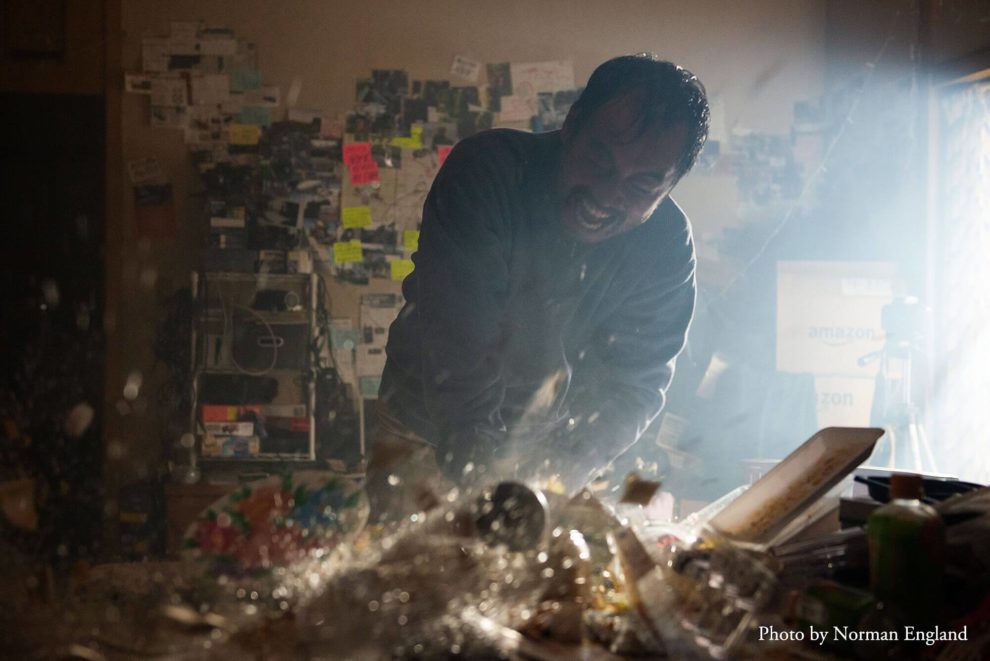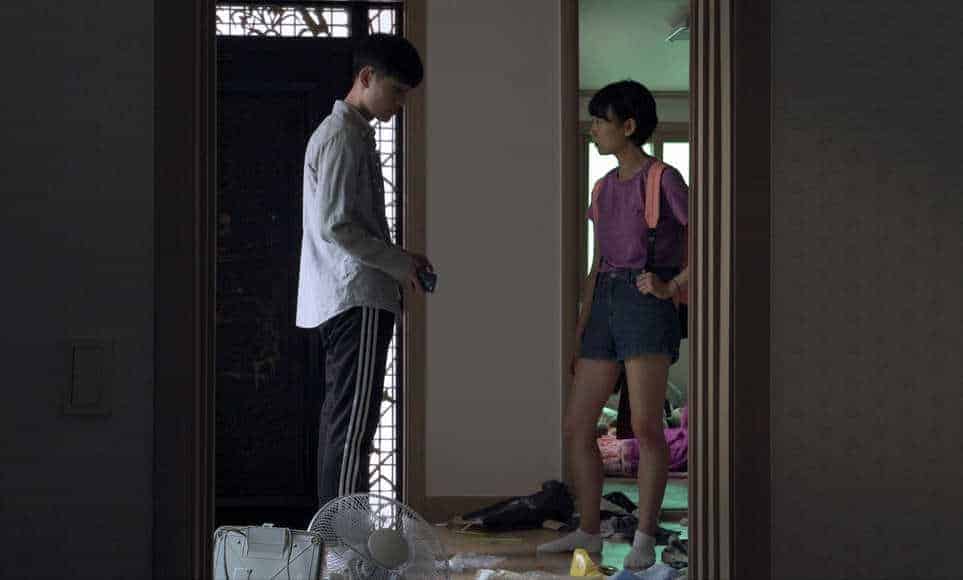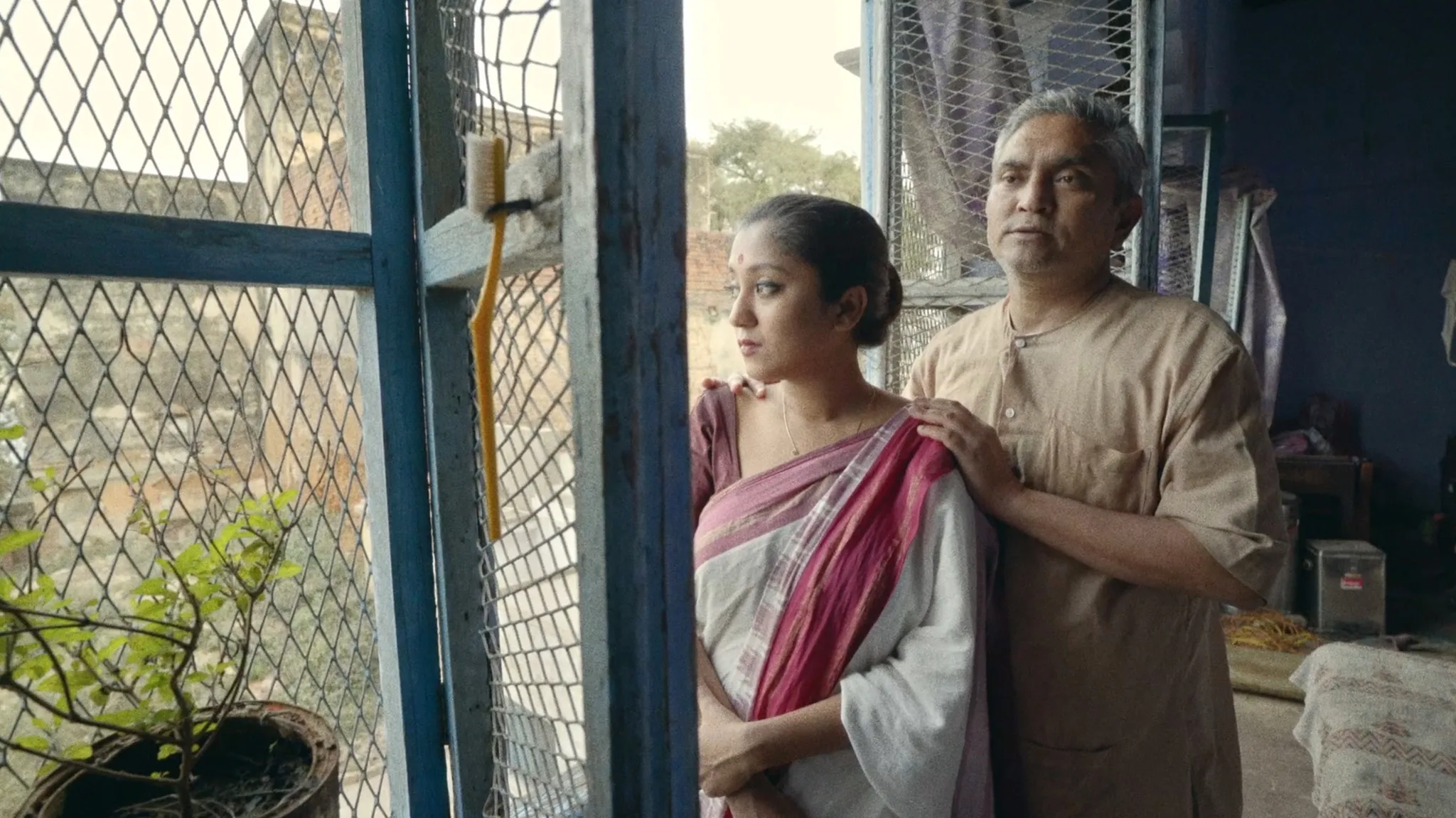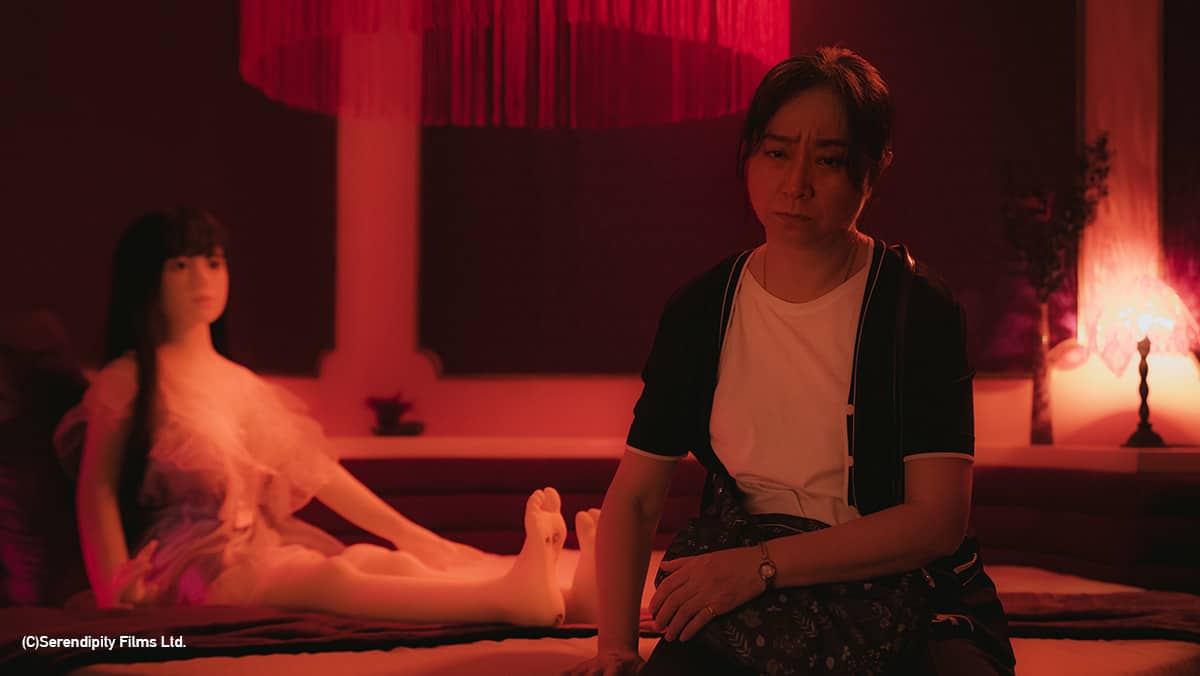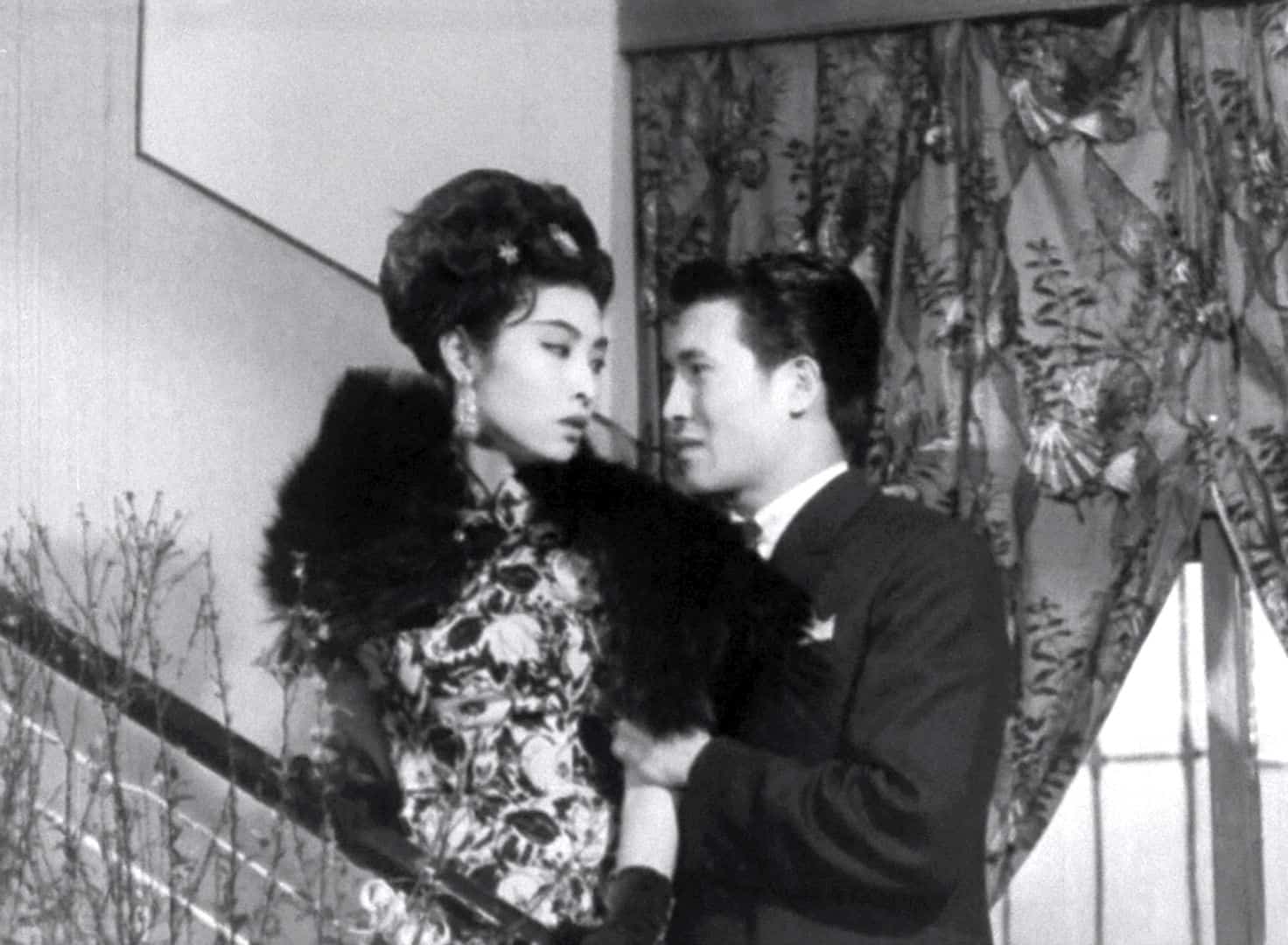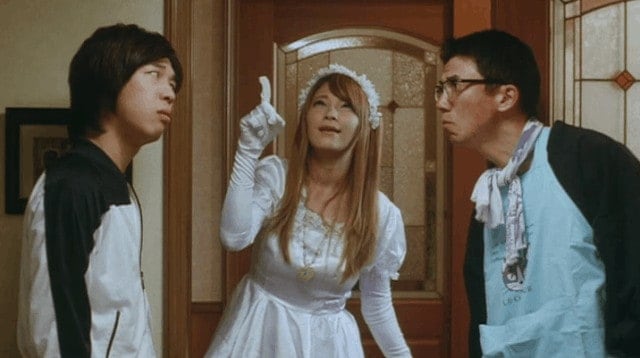Directed and written by the co-writer of “Cold Fish”, “Rageaholic is a visually impressive as much as violent film, which suffers, though, from a number of issues regarding its narrative.
Rageaholic is screening at Busan International Film Festival

Detective Fukama is the titular character, a policeman whose frequent fits of rage have made him notorious in the city of Fujimi, as much as the fact that he does not shy away from alcohol, drugs or hanging out with strip dancers, with one of them, Anna, being a kind of romantic interest. However, when his attitude leads to the death of an older woman during a hostage situation, not even the police force chief can help him, with Fukama ending up in the US undergoing mental rehabilitation, in a style that is quite reminiscent of the “A Clockwork Orange”. Years later, he returns to Fujimi to find that everything has changed, with the city having been “sanitized”, as the people who have not conformed now live in tent cities outside the urban centers, while the police and “Concerned citizens” carry out “cleansing” operations that usually result in intense violence. As his status as police detective is still under examination , Fukama must find out where he stands and how he can fit in the new order of things.
Yoshiki Takahashi's work thrives on three levels. The first one is the action scenes, which are quite brutal in their presentation, but also realistic on some level, as no kind of superpowers are involved, and the protagonist actually gets almost as much as he gives. In a style that intently reminds of Kitano's police dramas, Fukama roams around the city protecting the people he likes while being particularly violent when dealing with criminals. His extreme ways, however, soon begin a downward spiral for him, which adds a dramatic aspect to the action in the film, even more so after he returns from the US, with the latter also making a comment about human nature.

The second element is Yohta Kawase's performance in the lead role, who presents a character that, either through drunken stupors and fits of rage, or through an intense sense of justice, always resorts to violence, but still manages to have his sensitive moments. His downward spiral in the first part of the movie, his disorientation during the second, and his frustration that turns into resolve in the third are all excellently portrayed, with him anchoring the movie from beginning to end.
The third is Hiroo Takaoka's cinematography, which captures the three worlds Takashashi has created here in the best fashion. The neon signs and the night-time Japan give their stead to the surrealistic setting of the mental asylum, with the blue bird in particular being an image that will definitely stay in mind, before giving their place to the saturated environment of the last part, which has turned Fujimi into a kind of dystopia.
Apart from the aforementioned, though, the movie suffers on a number of levels. The pacing is really bad, with the timing of the events being completely off, while the change of setting does not make much sense. That there is no particular background presented for the main character also moves towards the same direction, while events that transpire and the changes in timelines end up being completely illogical, with the film looking more like a collection of ideas amassed in three different parts, than a compact narrative. And the fact that Takahashi does not seem to want to present his film as a nonsensical action/violent one, which would actually work considering its nature o, but as a type of drama with sociophilosophical extensions, essentially harms the whole thing, highlighting that the director was not exactly sure of what he wanted to do.
As such, “Rageaholic” emerges as a rather uneven movie, as the action aspect is quite well handled, but the dramatic not at all. Still deserves a watch though, particularly for fans of exploitation who will definitely be satisfied by the former element and Kawase's performance.


